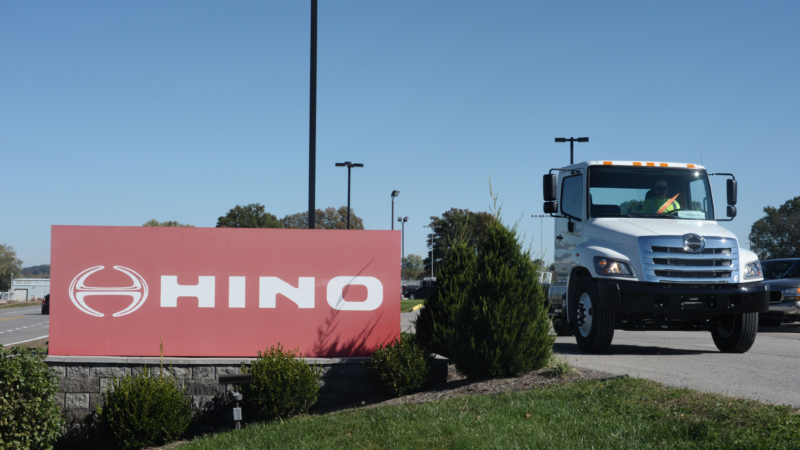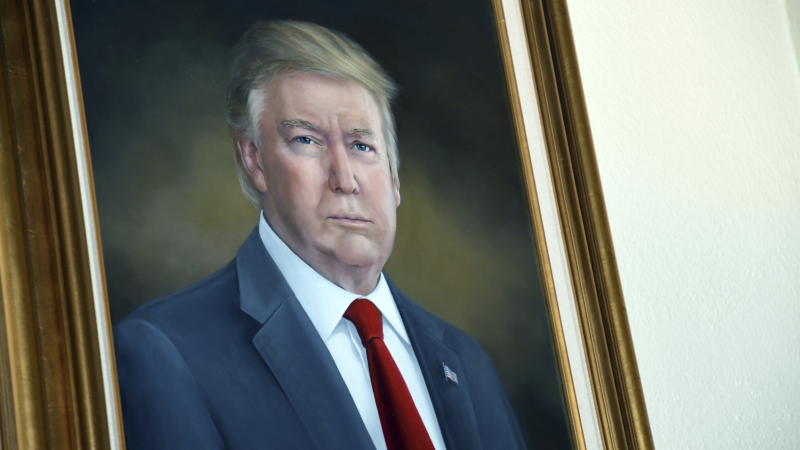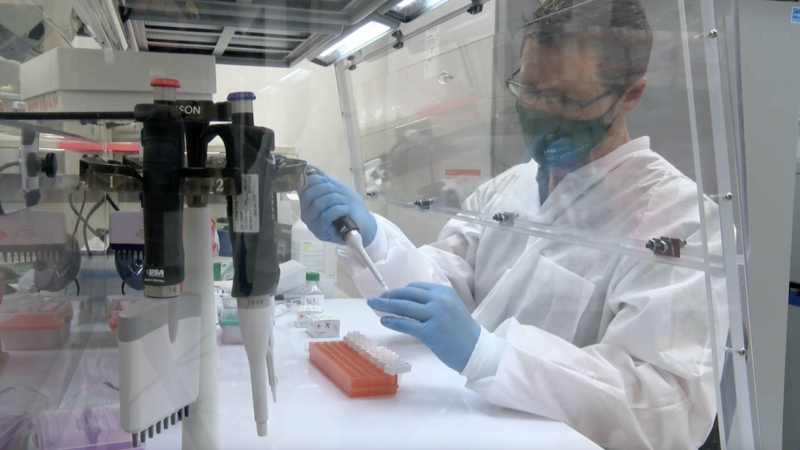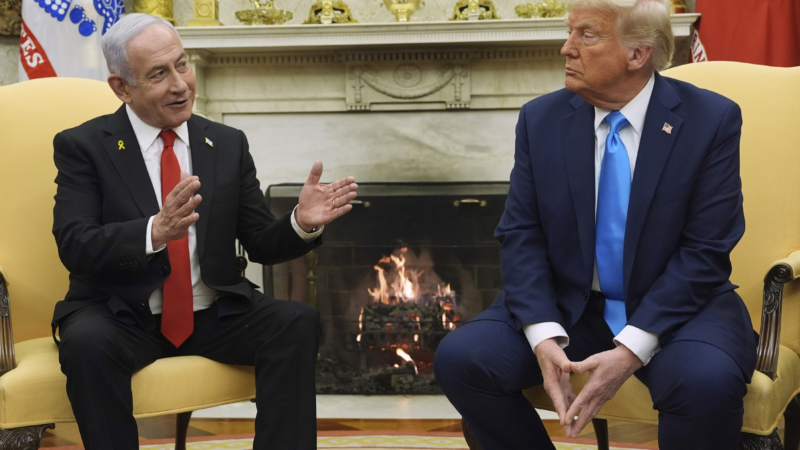Toyota’s commercial truck company will pay $1.6 billion for faking emissions tests
Hino Motors, a subsidiary of Toyota that manufactures commercial trucks, has agreed to plead guilty to a federal charge of a multi-year criminal conspiracy to fraudulently evade state and federal emissions standards. It’s part of an umbrella settlement that also resolves civil claims brought by federal regulators and the state of California.
The company is paying a total of $1.6 billion in fines and penalties, including the second-largest criminal fine the Environmental Protection Agency has ever leveled for vehicle-based Clean Air Act violations.
According to complaints filed by regulators, the fraud involved more than 100,000 heavy-duty diesel trucks and off-road diesel engines. The vehicles did not pass state and federal emissions standards — but Hino submitted false data claiming they did.
Those vehicles are still safe to use, but Hino will offer free voluntary repairs for some vehicles, which California regulators say will not affect fuel economy or vehicle operation. There will not be any vehicle buy-backs.
As part of the settlement, Hino will also pay criminal fines and civil fees, pay more than $150 million to replace engines on ships and trains with cleaner versions, and fund hybrid and zero-emission buses and trucks in California. Those remedies are meant to balance out the excess pollution caused by the company’s evasion of emissions standards. The company is also on probation for 5 years, during which it can’t import any diesel engines to the U.S.
This is the latest in a series of crackdowns on companies that evade emissions tests, including a settlement with engine-maker Cummins and the infamous Volkswagen Dieselgate scandal.
There are several ways that companies can cheat on tests. In this case, Hino was supposed to submit their products to a battery of tests and then send the results to regulators for approval. But instead of sending the real test results, regulators discovered, the company repeatedly submitted false data — including altered data, data done through improperly conducted tests or data that was entirely fabricated without any testing at all.
Regulators at the California Air Resources Board say they “found inconsistencies” in Hino’s data, and then worked with the EPA to uncover even more violations.
“EPA and the American consumer rely on true and accurate data from engine manufacturers to protect our nation’s air quality,” acting EPA administrator Jane Nishida said in a statement. “Hino’s actions directly undermined EPA’s program to protect the public from air pollution.”
California was reviewing Hino’s data because it — uniquely among U.S. states — can adopt and enforce emissions standards that are stricter than the federal government’s. The state is a large auto market, and its regulations have a profound effect on the auto industry.
President-elect Donald Trump has said he intends to roll back at least some of California’s regulatory authorities. California is bracing to defend its rule-making powers, in a repeat of a legal fight that stretched through the first Trump administration.
Satoshi Ogiso, the president and CEO of Hino Motors, called the agreement with regulators a “significant milestone.” “We deeply apologize for the inconvenience caused to our customers and stakeholders,” he wrote in a statement. “In order to prevent a recurrence of this kind of issue, we have implemented company-wide reforms, including meaningful improvements to our internal culture, oversight, and compliance practices.”
Toyota and other automakers have been caught in recent years submitting false data to regulators in Japan, too, a scandal Toyota has apologized for. A year ago Toyota said that “irregularities” and some subsidiary companies “have shaken the very foundations of the company as an automobile manufacturer.”
The artist behind ‘the worst’ Trump portrait defends her work
The painting, which was commissioned by Republicans, has hung in Colorado's state Capitol since 2019. Trump follows other U.S. presidents who weren't flattered by their depictions.
Are UAB officials mum about grant cuts because they fear a spiteful president?
Cuts to federal research grants could cost UAB $70 million a year, leading to layoffs and economic impacts beyond the campus. Some faculty and area leaders want UAB to be more vocal against the Trump administration cutbacks.
The (artificial intelligence) therapist can see you now
Many AI products claim to deliver mental health therapy, but with little quality control. But new research suggests with the right training, AI can be effective at helping people.
Netanyahu is set to meet Trump to discuss Israeli hostages in Gaza and U.S. tariffs
Israeli Prime Minister Benjamin Netanyahu will meet with President Trump expecting to discuss tariffs, hostages and war in Gaza and other issues.
A young boy safely returned to his family after getting lost at the NYC Marathon
After Nancy Willis finished the New York City Marathon, she went to greet her family, only to discover that her 8-year-old son was missing. After a frantic search, a woman appeared with the boy.
Between tariffs and survival, American business owners are doing alarming math
Many U.S. shop owners feel like collateral damage in President Trump's trade war, on the hook to pay big new fees and long unable to manufacture in the U.S.









